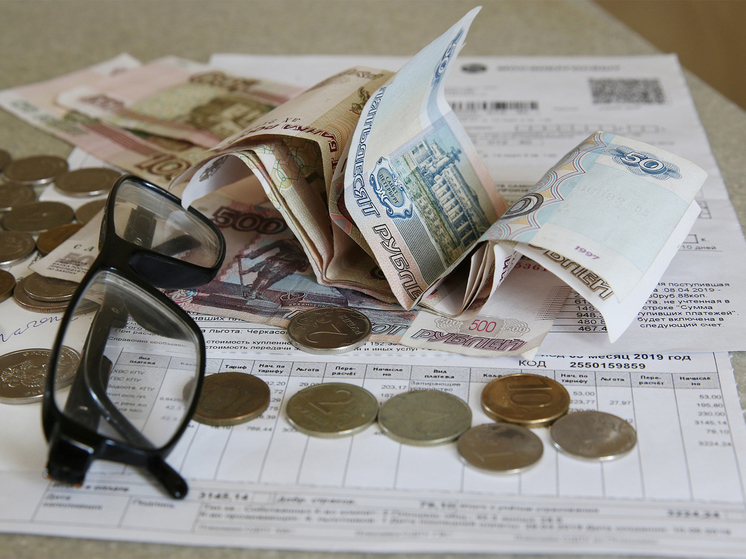Pensions for older workers may increase by 400 rubles
The army of working Russian pensioners, numbering, according to official data, almost 8 million people, is in anticipation of the indexation of pensions frozen 8 years ago, planned for 2025. But this is still far away — you need to be patient for 7 months: indexation will happen next February. Meanwhile, an important innovation awaits domestic working pensioners much earlier — already from August 1. They will undergo a traditional annual recalculation of pensions, which could add almost 400 rubles to their monthly payments. Experts revealed details of the upcoming recalculation of MK.

According to the Social Fund of Russia (SFR), there are currently 7.85 million officially working pensioners in Russia, which is almost 20% of the total number of pensioners registered with the Social Fund. The average pension for working pensioners is 17.6 thousand rubles. This is significantly lower than the average pension in the country for non-workers — 23.45 thousand rubles. It is clear why this gap arose: indexation of the fixed part of pensions for working pensioners has not been carried out since 2016: it was frozen, and “unfreezing” will take place only next year.
But all these years, the pension of working pensioners increases due to the accumulated individual pension coefficients (points) from the employer’s contributions for the previous year. For each working pensioner, the recalculation is individual (depending on his earnings and the employer’s payments to the Social Fund for him), and so is the resulting amount. But at the same time, every year on August 1, the SFR makes an automatic recalculation of the insurance part without applications from the pensioner. By law, the maximum increase per year cannot exceed three pension coefficients, even if the person earned more. The value of one pension coefficient is frozen at the value in effect on the date of retirement.
The same thing will happen for working pensioners on August 1, 2024. The cost of one point this year is 133.05 rubles. Consequently, the maximum bonus that a working pensioner can currently receive is 399.15 rubles.
It is interesting that next year, when indexation for working pensioners is restored (moreover, it will be carried out twice a year: from February 1 — to the level of inflation and from April 1 — to the level of income of the SFR), the increase from August 1 — recalculation of pensions taking into account the points they have earned — will remain.
MK asked experts — economists and financiers — to assess the upcoming recalculation of payments to working pensioners from August 1.
“The story with working pensioners in Russian realities has not yet undergone any serious changes: older specialists can count on an average recalculation of the insurance part of the pension even if they earn more.
It is positive that the authorities have taken up the issue of providing for working pensioners. Progress here became noticeable only recently, but for several years before that — since 2016 — this category of pensioners remained in the shadow of recalculations and did not receive any preferences. To put it simply, pensions were not indexed, but were revised based on the number of accumulated points from the employer’s contributions made the previous year.
The downside is that so far everything is moving very slowly here. Expanding spending on recalculations requires large financial volumes from the budget. Currently, according to open statistics, officially working pensioners account for 19% of the total number of citizens registered in the Social Fund. This is approximately 7.85 million people. On average, this category receives a pension of 17,600 rubles. per month. For comparison, the average pension for a non-working pensioner is RUB 23,449. There is only one “pitfall” here: the recalculation amount is very small — a maximum of about 400 rubles per month. It is unlikely that such an amount will have any significant impact on the daily life of working pensioners.»
«What can be highlighted among the advantages of the upcoming recalculation? Firstly, indexation of pensions makes it possible to partially compensate for the impact of inflation on the income of pensioners. Given the current fairly high level of inflation (almost 8.6% year on year), increasing pensions is an important step to preserve the purchasing power of older people.
Secondly, automating the recalculation process makes life easier for pensioners by eliminating the need submit applications and confirm your income.
If we talk about the minuses, then this is a small amount of the premium. The maximum increase is 399.15 rubles. per year may seem insignificant, especially for those who continue to work and earn money. This restriction may cause dissatisfaction among working pensioners. Obviously, not all pensioners receive the same benefit from indexation, since the increase is limited to three pension coefficients, regardless of the points actually earned.”


